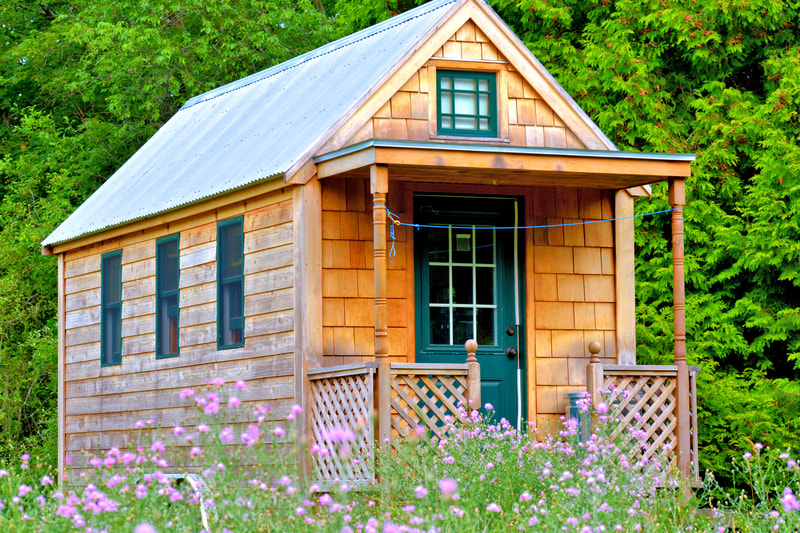Choosing the right living space is crucial for a comfortable retirement. Opting for a smaller home can offer retirees numerous benefits aligned with their needs and preferences. Smaller homes are typically more affordable, making it easier to manage expenses during retirement.
Keep Life Simple
The reduced square footage encourages downsizing and decluttering, allowing retirees to focus on what truly matters. A smaller home requires less time and effort to maintain, giving retirees more freedom and leisure. Fewer possessions also mean less stress, as there are fewer things to worry about or take care of. Living in a smaller home can also save retirees money on utilities and maintenance costs. This allows them to allocate their resources toward other important expenses such as travel, hobbies, or healthcare. It can also help reduce the financial burden of property taxes and homeowners insurance. A smaller home can be easier to navigate and maintain as individuals age and potentially face physical limitations. The simplicity of a small home promotes stress-free living, providing ample time for hobbies, and interests, and spending quality moments with loved ones. Embracing a simpler lifestyle can also have positive effects on mental and emotional health. Removing the distractions of material possessions allows for a clearer focus on personal relationships, self-care, and overall well-being.
Reduce Living Costs
One of the most significant benefits of a small home for retirees is the reduction in living costs. Smaller homes come with lower mortgage payments or rent, lowering the financial burden. Utility costs, property taxes, and insurance premiums tend to be less for smaller properties. Smaller homes require fewer ongoing maintenance expenses. With fewer rooms, there is less space to clean and maintain, resulting in lower cleaning costs. Retirees can also save money on furniture and decor by downsizing to a smaller home. Smaller homes often come with lower property taxes. Property taxes are based on the size of the home and property value. By downsizing to a smaller home, retirees can save money on property taxes. These reduced financial obligations free up funds for retirees to invest in experiences, healthcare, travel, or to secure their retirement with appropriate insurance coverage. Smaller homes also promote a simpler lifestyle, encouraging retirees to reduce their spending on unnecessary items.
Environmental Consciousness
Choosing a smaller home aligns with environmental consciousness, a value important to many retirees. Smaller homes have a smaller environmental footprint, requiring fewer resources for construction and maintenance. They consume less energy for heating, cooling, and lighting, contributing to a more sustainable lifestyle. Retirees who downsize to smaller homes can also reduce their carbon footprint by living in walkable communities with access to public transportation. This lifestyle choice promotes healthier aging, as it encourages physical activity and social interaction. Smaller homes often have outdoor spaces that allow retirees to connect with nature, further supporting an environmentally conscious mindset. Retirees who prioritize sustainability appreciate the environmentally friendly aspects of living in a smaller home, allowing them to contribute positively to the environment and future generations.
A small home offers multiple advantages to retirees, aligning with their desire for a simpler and more cost-effective lifestyle. By choosing a smaller home, retirees can simplify their daily lives, focusing on meaningful activities and relationships.
Did You Enjoy Reading This Article? Here’s More to Read: What You Need to do Before Putting Your Home on the Market

 RSS Feed
RSS Feed
